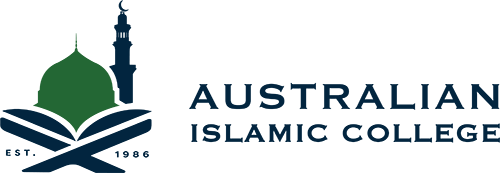Humanities and Social Sciences
The Humanities and Social Sciences are the study of human behaviour and interaction in social, cultural, environmental, economic and political contexts. The Humanities and Social Sciences have a historical and contemporary focus, from personal to global contexts, and consider challenges for the future.
In the Australian Curriculum, the Humanities and Social Sciences learning area comprises four subjects: History, Geography, Economics and Business, Civics and Citizenship.
Through studying Humanities and Social Sciences, students will develop the ability to question, think critically, solve problems, communicate effectively, make decisions and adapt to change. Thinking about and responding to issues requires an understanding of the key historical, geographical, political, economic and societal factors involved, and how these different factors interrelate.
The Humanities and Social Sciences subjects provide a broad understanding of the world in which we live, and how people can participate as active and informed citizens with high-level skills needed for the 21st century.
The subjects taught in Humanities and Social Science classes include:
- History
- Geography
- Economics and Business
- Civics and Citizenship
Key Skills
- The Humanities and Social Science subjects include a range of skills that can be represented broadly as questioning, researching, analysing, evaluating and communicating. Students apply these skills to investigate events, developments, issues, and phenomena, both historical and contemporary.
- Each subject has a different way of working. Skills and strategies for each Humanities and Social Science subject need to be taught explicitly. The type of questions asked, the information, evidence, and/or data gathered, and the analysis applied will vary by subject.
Questioning
Students develop questions about events, developments, issues and/or phenomena.
Researching
Students collect and organise information, evidence and/or data from primary and secondary sources.
Analysing
Students interpret and analyse information, evidence and data to identify key points, points of view, perceptions and interpretations. They identify the purpose and intent of sources and determine their accuracy and reliability.
Evaluating
Students draw evidence-based conclusions; propose explanations for events, developments, issues and/or phenomena; and suggest courses of action in response to an issue or problem.
Communicating
Students present findings in appropriate forms for different audiences and purposes using subject-specific terminology.
Years 11 and 12
The knowledge, skills and values acquired during the Lower School Program will equip students to successfully complete one or more of the Upper School Courses of Study:
- Business Management and Enterprise
- Politics and Law
- Accounting and Finance
- Economics

